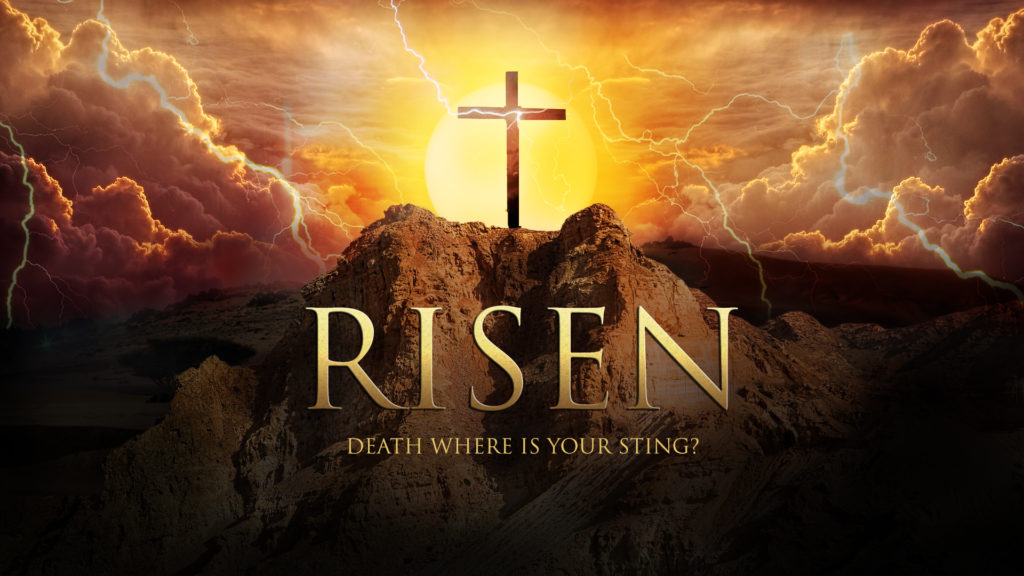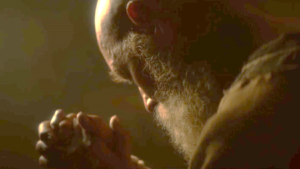Tomorrow we celebrate—and that most certainly is the best word to use—the Resurrection. Nothing like it appeared in history before that tremendous event and nothing like it followed afterward.
It is the central event in all of history, never to be topped by anything else.

The Nativity, which we call Christmas, was essential only because it was to lead to this event. The Second Coming of Christ and the Judgment to follow would be the most awful occurrence for everyone if not for the Resurrection, which showed God’s triumph over death, Satan, and hell.
As a result of Christ’s death and resurrection, millions now have access to the very throne room of God.
C. S. Lewis calls the Resurrection “the central theme in every Christian sermon reported in the Acts.” He reminds us that when we talk about the gospel, we are focusing on the Resurrection.
What we call the “gospels,” the narratives of Our Lord’s life and death, were composed later for the benefit of those who had already accepted the gospel. They were in no sense the basis of Christianity: they were written for those already converted.
The miracle of the Resurrection, and the theology of that miracle, comes first: the biography comes later as a comment on it.

Lewis mustn’t be misunderstood as in any way denigrating the four gospels; he’s simply stating a fact: the whole reason for the writing of the gospels later was the stunning truth of the Resurrection.
Nothing could be more unhistorical than to pick out selected sayings of Christ from the gospels and to regard those as the datum and the rest of the New Testament as a construction upon it. The first fact in the history of Christendom is a number of people who say they have seen the Resurrection.
The reality of the Resurrection should be just as much the central feature of our lives as it was for the first Christians. When Don Giovanni Calabria, one of Lewis’s regular correspondents, shared with him his concerns for the world’s troubles, Lewis, responding to him the day before Easter, replied,
Tomorrow we shall celebrate the glorious Resurrection of Christ. I shall be remembering you in the Holy Communion. Away with tears and fears and troubles! United in wedlock with the eternal Godhead Itself, our nature ascends into the Heaven of Heavens.
So it would be impious to call ourselves “miserable.” On the contrary, Man is a creature whom the Angels—were they capable of envy—would envy. Let us lift up our hearts! “At some future time perhaps even these things it will be a joy to recall.”

I know how the weight of the world can get one down. Yet when we compare these temporary weights to the glory that awaits because of the Resurrection, we get the proper perspective. As the Apostle Paul said,
For I consider that the sufferings of this present time are not worthy to be compared with the glory that is to be revealed to us. Rom. 8:18
And in one of my favorite passages, Paul expounds that theme further:
Therefore we do not lose heart. Though outwardly we are wasting away, yet inwardly we are being renewed day by day. For our light and momentary troubles are achieving for us an eternal glory that far outweighs them all. So we fix our eyes not on what is seen, but on what is unseen, since what is seen is temporary, but what is unseen is eternal. 2 Corinthians 4:16-18
Those who have committed their lives to the Lordship of Christ can rest and rejoice simultaneously. Through Him, we have overcome the world and will share in the glory of the Resurrection.
